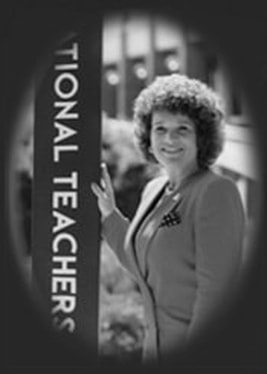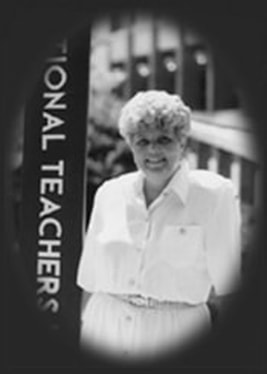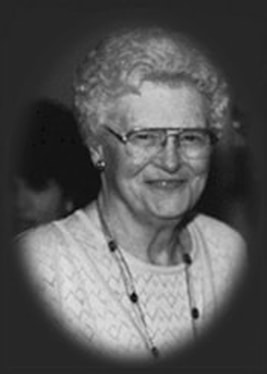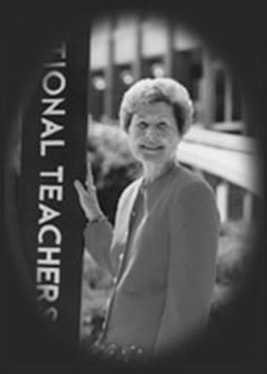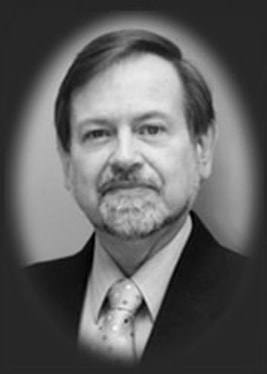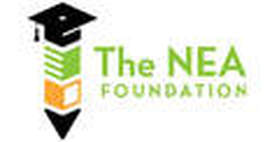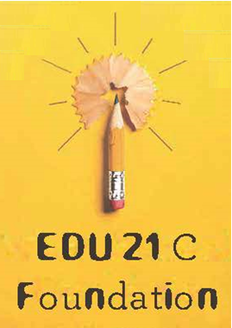sheryl abshireAUGUSTA, GA | YEARS TAUGHT: 1973 - PresentIn Sheryl’s opinion, education is a lifelong process of cumulative and developmental experiences gained through interaction with school and society. “Teaching should be child-centered with a flexible curriculum designed to adequately prepare students to become global citizens in the 21st century. Teaching is a shared responsibility with the school system, the family, the place of worship, and many other community agencies playing a crucial role in the development of the whole child,” Sheryl said.
ADDITIONAL RECOGNITION:
|
anna alfieroWATERFORD, CT | YEARS TAUGHT: 1962 - PresentMany times throughout Anna’s teaching career students have asked her “Why do you teach?” She simply replies, “I have never thought of doing anything else.” At an early age, her grandfather instilled the idea that each person has a storehouse of talent that can be shared with the world. As students enter the portals of her classroom, she feels empowered to teach youngsters by encouraging the freedom of expression to question and solve problems. That atmosphere to exchange ideas and information, whether it be through verbal or nonverbal means, is set immediately and the educational process begins, she says.
ADDITIONAL RECOGNITION:
|
helen caseEL DORADO, KS | Years Taught: 1928 - PresentFor 45 years, Helen viewed teaching as an art, and in some instances, a calling. Teaching, she says, “Is not for the faint-hearted, the indecisive, the timid, the believer in the status quo or the one who is just seeking a job, not a profession. Teaching is for those who really want to teach and place the academic climate of their students above their own personal desires. Teaching results when the teacher is a facilitator, a seeker of incentives and a motivator.”
ADDITIONAL RECOGNITION:
|
shirley naplesFERNDALE, MI | Years Taught: 1968 - PresentShirley believes that they key to all successful teaching is the initial development of self-esteem in every student. Naples believes that children cannot learn if they do not believe in themselves. A good teacher, she says, will nurture and encourage each child to develop his or her own talents. In her classroom, she tells her students that individually each must become the best he or she can be. She has high expectations for every child and will not accept less. Learning occurs, Naples says, because of the chemistry that develops between teacher and student.
ADDITIONAL RECOGNITION:
|
joseph yorkSHELBY, TN | Years Taught: 1970 - 1998Joseph's philosophy of teaching is very simple. He believes that all students can learn and that teachers can make a difference by emphasizing the positive and rejecting the negative. He also believes that students have the right to be taught by someone who has faith in their abilities. In ever increasing numbers, York says, students view themselves as failures and their lives as without hope. As a teacher, he tells his students that an occasional setback is not the end, but actually a step closer to their goal. If we accept failure, York says, we have indeed failed; but if we learn from and in spite of that failed effort, then hope is still alive. Teachers are agents that keep hope alive.
ADDITIONAL RECOGNITION:
|
Our Partners |
Contact UsLocal: 620-341-5660
Mailing Address: 1 Kellogg Cir, CB 4017 Emporia, KS 66801 |

